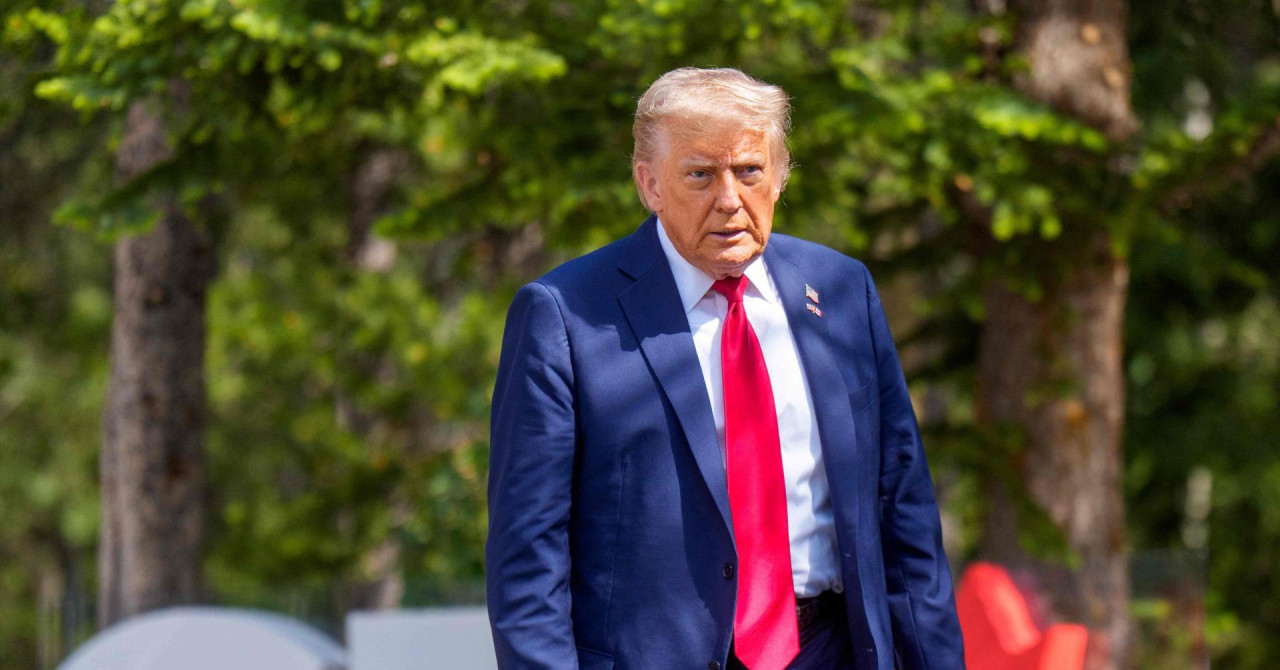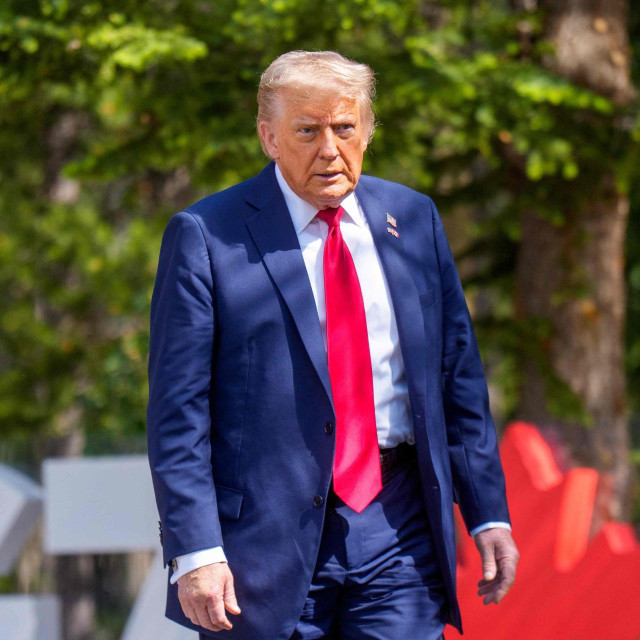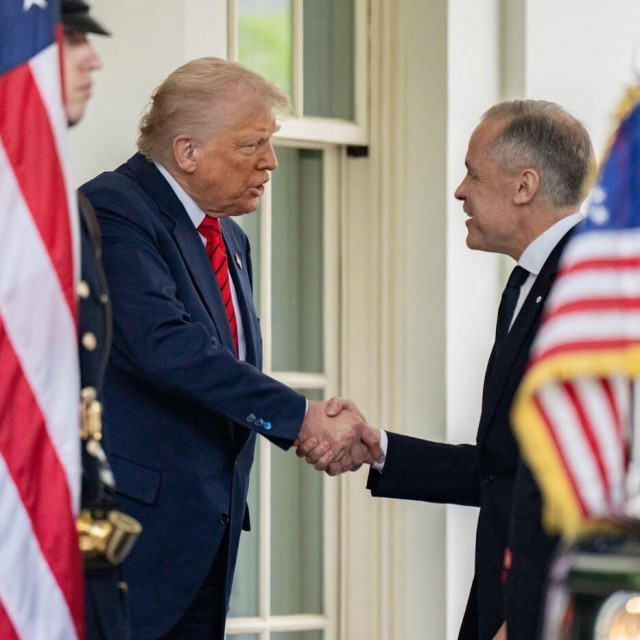The Austrian President Alexander Van der Bellen has clearly expressed support for Ukraine in its defense against the Russian invasion, emphasizing that Austria, although traditionally neutral, is not politically neutral in this conflict. During the visit of Ukrainian President Volodymyr Zelensky to Austria, agreements were signed on cooperation in the fields of demining, energy, and cybersecurity. Zelensky announced talks with US President Donald Trump about a defense package for Ukraine. The Austrian President condemned the Russian aggression and called for an end to the war through sincere negotiations, as well as the implementation of EU sanctions against Russia. While Austria maintains diplomatic relations with Russia, it sends humanitarian aid to Ukraine but not weapons. This topic is part of the broader context of international reactions to the war in Ukraine, including sanctions and diplomatic efforts.
Political Perspectives:
Left: Left-leaning sources emphasize Austria’s humanitarian support for Ukraine and the importance of international solidarity against Russian aggression. They highlight the need for strong sanctions against Russia and support for Ukraine’s sovereignty and defense capabilities. The narrative often stresses the illegality of Russia’s invasion and the moral imperative to support Ukraine.
Center: Center-leaning sources report on Austria’s traditional neutrality but note the country’s clear political stance supporting Ukraine’s defense. They focus on diplomatic efforts, agreements signed during Zelensky’s visit, and the balance Austria tries to maintain between condemning Russia and keeping diplomatic channels open. The coverage is factual, highlighting the complexity of Austria’s position.
Right: Right-leaning sources may emphasize Austria’s historical neutrality and the challenges of maintaining it in the current geopolitical climate. They might critique the extent of Austria’s involvement or question the effectiveness of sanctions. Some narratives could focus on the risks of escalating the conflict and the importance of diplomatic negotiations over military support.











